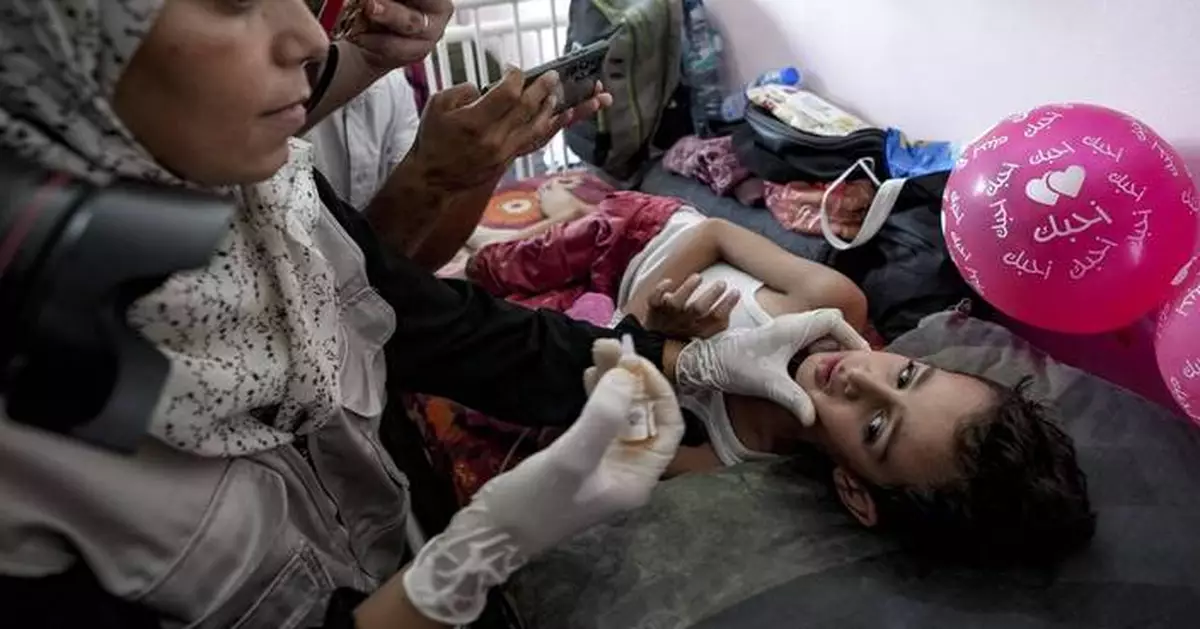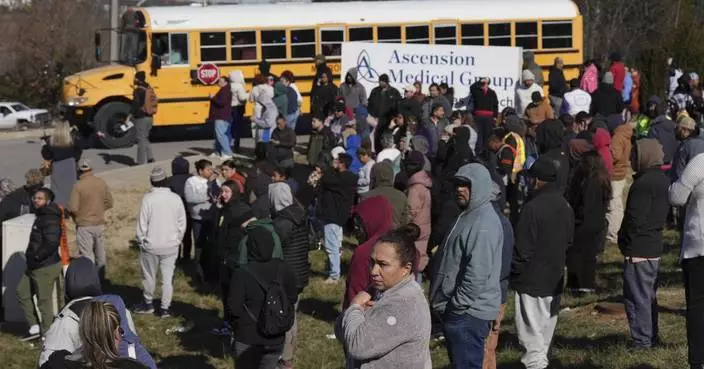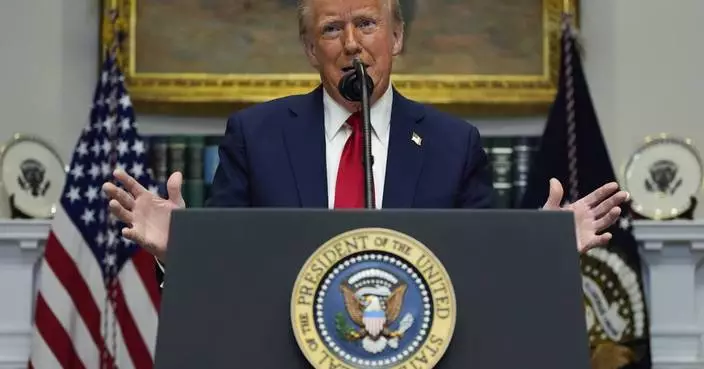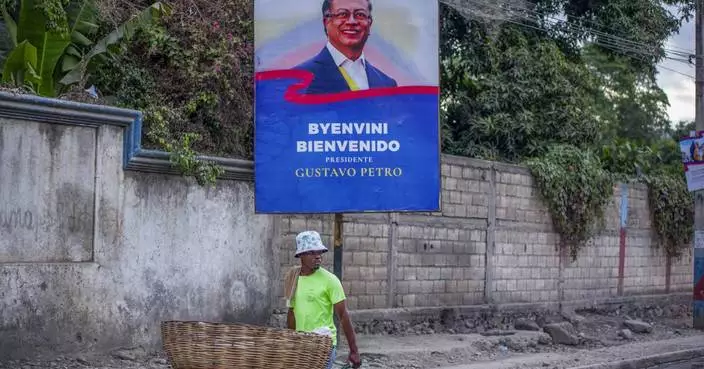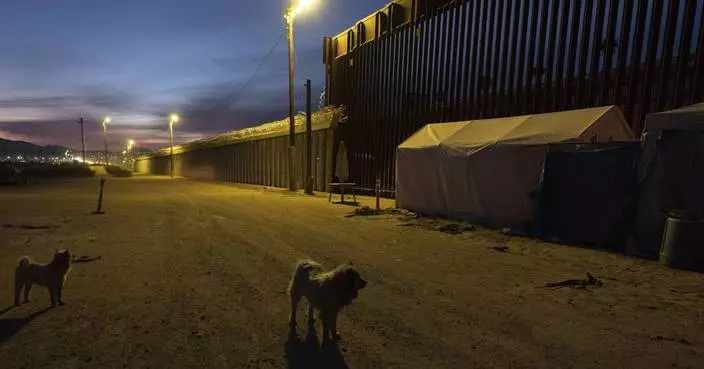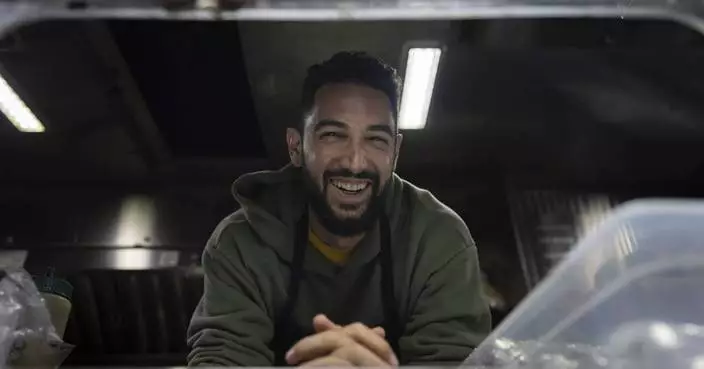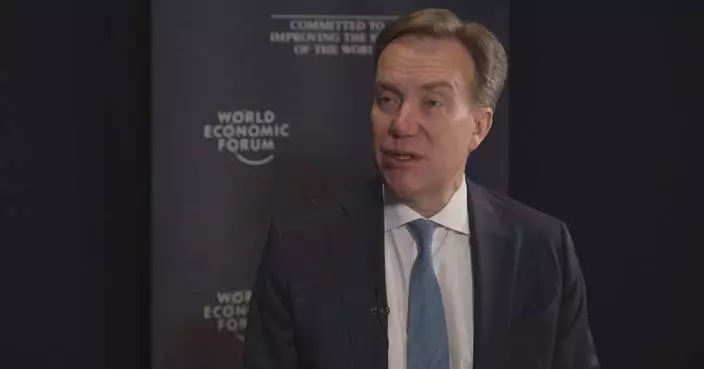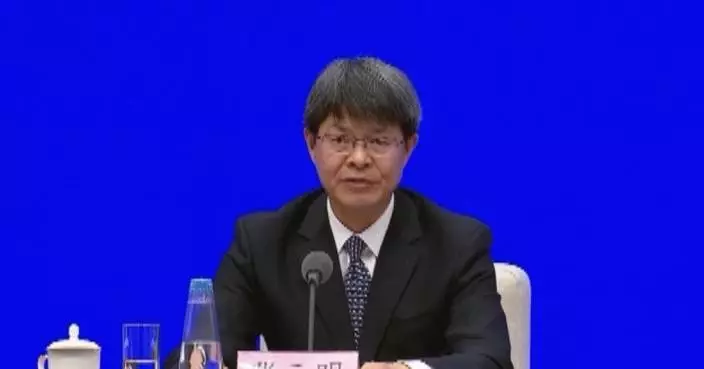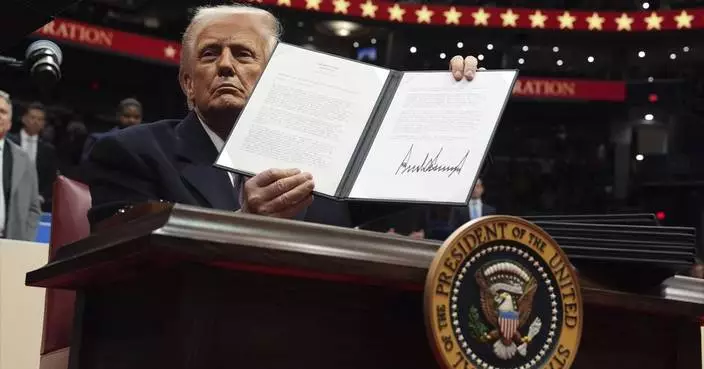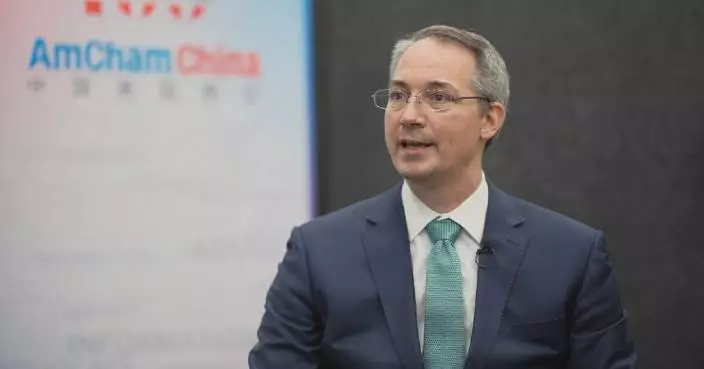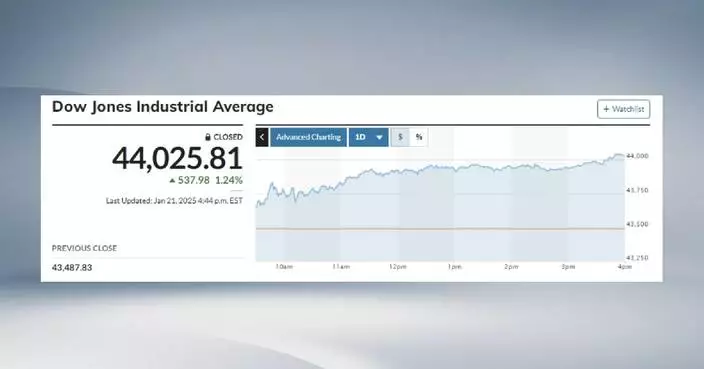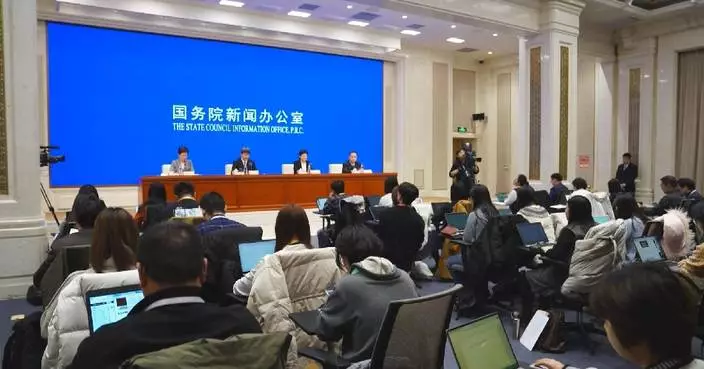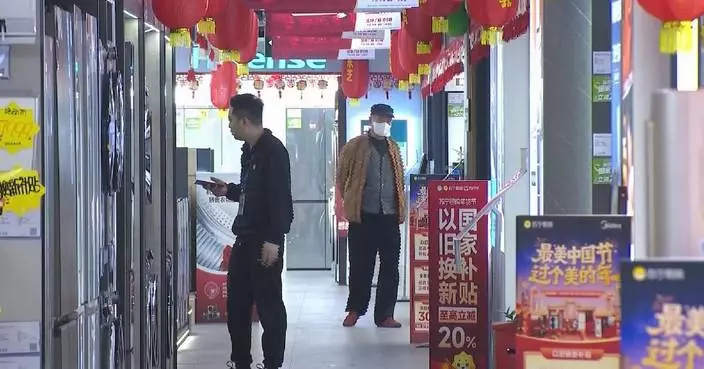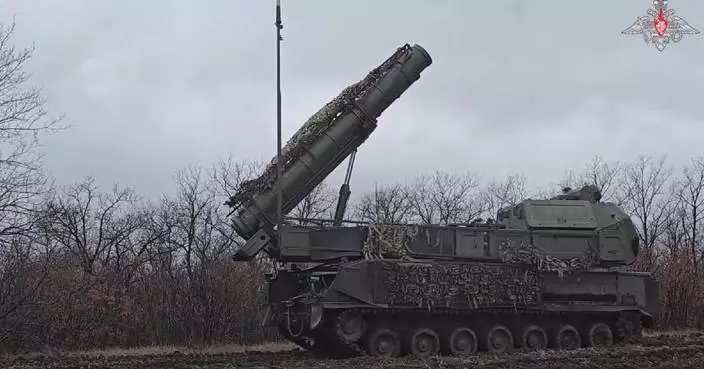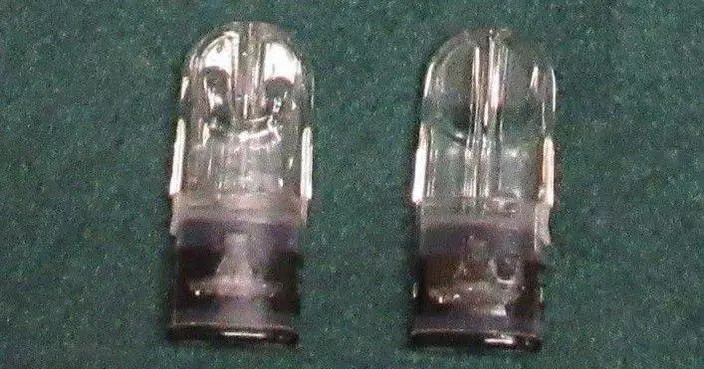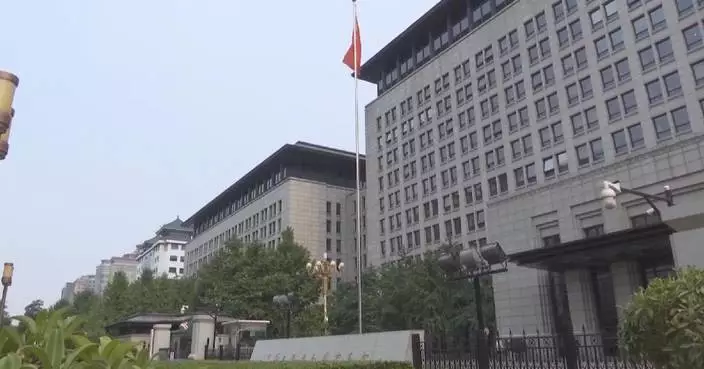DEIR AL-BALAH, Gaza Strip (AP) — Palestinian health authorities and United Nations agencies on Sunday began a large-scale campaign of vaccinations against polio in the Gaza Strip, hoping to prevent an outbreak in the territory that has been ravaged by the Israel-Hamas war.
Authorities plan to vaccinate children in central Gaza until Wednesday before moving on to the more devastated northern and southern parts of the strip. The campaign began with a small number of vaccinations on Saturday and aims to reach about 640,000 children.
Click to Gallery
A health worker administers a polio vaccine to a child at a hospital in Deir al-Balah, central Gaza Strip, Sunday, Sept. 1, 2024. (AP Photo/Abdel Kareem Hana)
A health worker administers a polio vaccine to a child at a hospital in Deir al-Balah, central Gaza Strip, Sunday, Sept. 1, 2024. (AP Photo/Abdel Kareem Hana)
A health worker administers a polio vaccine to a child at a hospital in Deir al-Balah, central Gaza Strip, Sunday, Sept. 1, 2024. (AP Photo/Abdel Kareem Hana)
A Palestinian child waits to receive a polio vaccination at a hospital in Khan Younis, Saturday, Aug. 31, 2024. (AP Photo/Abdel Kareem Hana)
A health worker administers a polio vaccine to a child at a hospital in Khan Younis, Saturday, Aug. 31, 2024. (AP Photo/Abdel Kareem Hana)
Palestinian children wait to receive a polio vaccination at a hospital in Khan Younis, Saturday, Aug. 31, 2024. (AP Photo/Abdel Kareem Hana)
A health worker administers a polio vaccine to a child at a hospital in Khan Younis, Saturday, Aug. 31, 2024. (AP Photo/Abdel Kareem Hana)
Gaza's Health Ministry said more than 72,600 children received vaccines Sunday.
The World Health Organization has said Israel agreed to limited pauses in the fighting to facilitate the campaign. There were initial reports of Israeli strikes in central Gaza early Sunday, but it was not immediately known if anyone was killed or wounded. The pause ended Sunday afternoon, according to a schedule released by Israel.
Israel has said the vaccination program will continue through Sept. 9 and last eight hours a day.
Gaza recently reported its first polio case in 25 years — a 10-month-old boy, now paralyzed in a leg. The World Health Organization says the presence of a paralysis case indicates there could be hundreds more who have been infected but aren’t showing symptoms.
Most people who have polio do not experience symptoms, and those who do usually recover in a week or so. But there is no cure, and when polio causes paralysis, it is usually permanent. If the paralysis affects breathing muscles, the disease can be fatal.
The vaccination campaign faces challenges, from ongoing fighting to devastated roads and hospitals shut down by the war. Around 90% of Gaza's population of 2.3 million people have been displaced within the besieged territory, with hundreds of thousands crammed into squalid tent camps.
Health officials have expressed alarm about disease outbreaks as uncollected garbage has piled up and the bombing of critical infrastructure has sent putrid water flowing through the streets. Polio is spread through fecal matter. Widespread hunger has left people even more vulnerable to illness.
“We escaped death with our children, and fled from place to place for the sake of our children, and now we have these diseases," said Wafaa Obaid, who brought her three children to the Al-Aqsa Martyrs Hospital in Deir al-Balah to get the vaccinations.
Ammar Ammar, a spokesperson for the U.N. children's agency, said it hopes both parties adhere to a temporary truce in designated areas to enable families to reach health facilities.
“This is a first step,” he told The Associated Press. “But there is no alternative to a cease-fire because it’s not only polio that threatens children in Gaza, but also other factors, including malnutrition and the inhuman conditions they are living in.”
The vaccinations will be administered at roughly 160 sites across the territory, including medical centers and schools. Children under 10 will receive two drops of oral polio vaccine in two rounds, the second to be administered four weeks after the first.
Israel allowed around 1.3 million doses to be brought into the territory last month, which are now being held in refrigerated storage in a warehouse in Deir al-Balah. Another shipment of 400,000 doses is set to be delivered to Gaza soon.
The polio virus that triggered this latest outbreak is a mutated virus from an oral polio vaccine. The oral polio vaccine contains weakened live virus and in very rare cases, that virus is shed by those who are vaccinated and can evolve into a new form capable of starting new epidemics.
The war in Gaza began when Hamas-led militants stormed into Israel on Oct. 7, killing some 1,200 people, mostly civilians, and abducting around 250 hostages. Around 100 remain in captivity, about a third of whom are believed to be dead.
Israel's retaliatory offensive has killed over 40,000 Palestinians, according to the Health Ministry, which does not say whether those killed were fighters or civilians. The war has caused vast destruction across the territory, with entire neighborhoods wiped out and critical infrastructure heavily damaged.
The United States, Egypt and Qatar have spent months trying to broker a cease-fire and the release of the remaining hostages, but the talks have repeatedly stalled and a number of sticking points remain.
Magdy reported from Cairo.
Follow AP’s war coverage at https://apnews.com/hub/israel-hamas-war
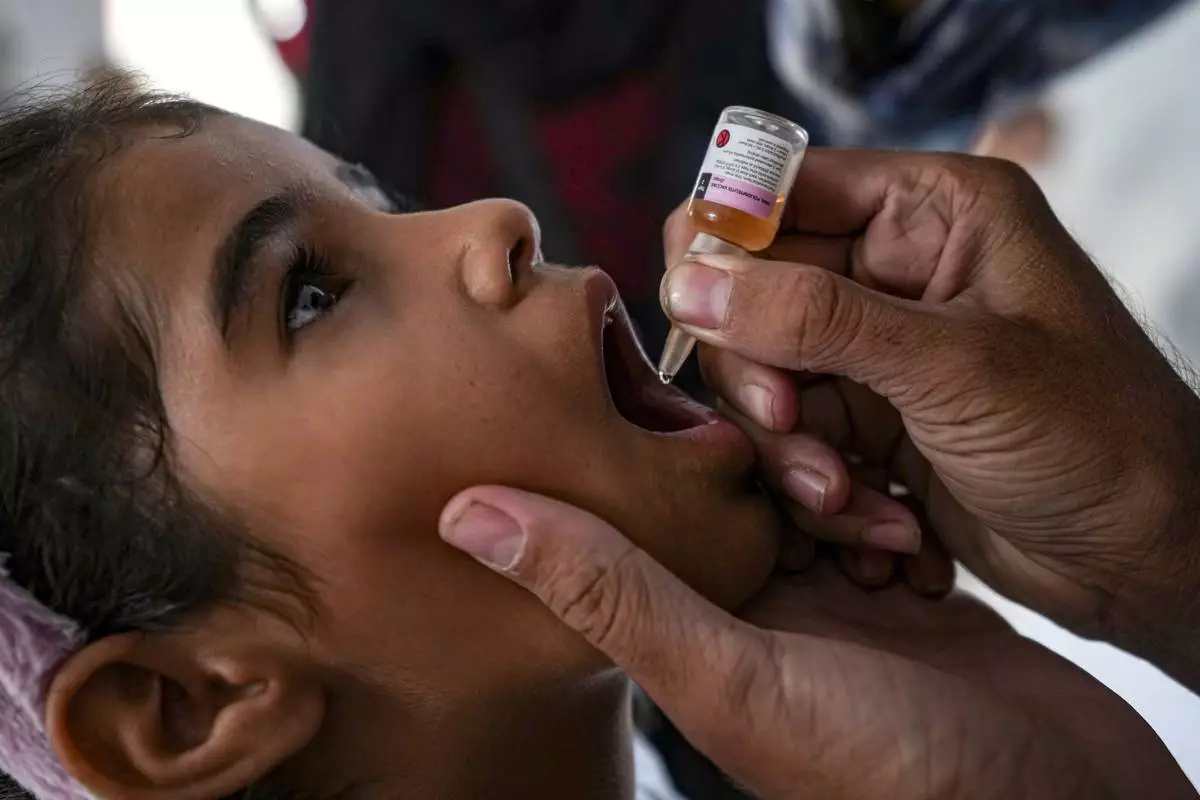
A health worker administers a polio vaccine to a child at a hospital in Deir al-Balah, central Gaza Strip, Sunday, Sept. 1, 2024. (AP Photo/Abdel Kareem Hana)
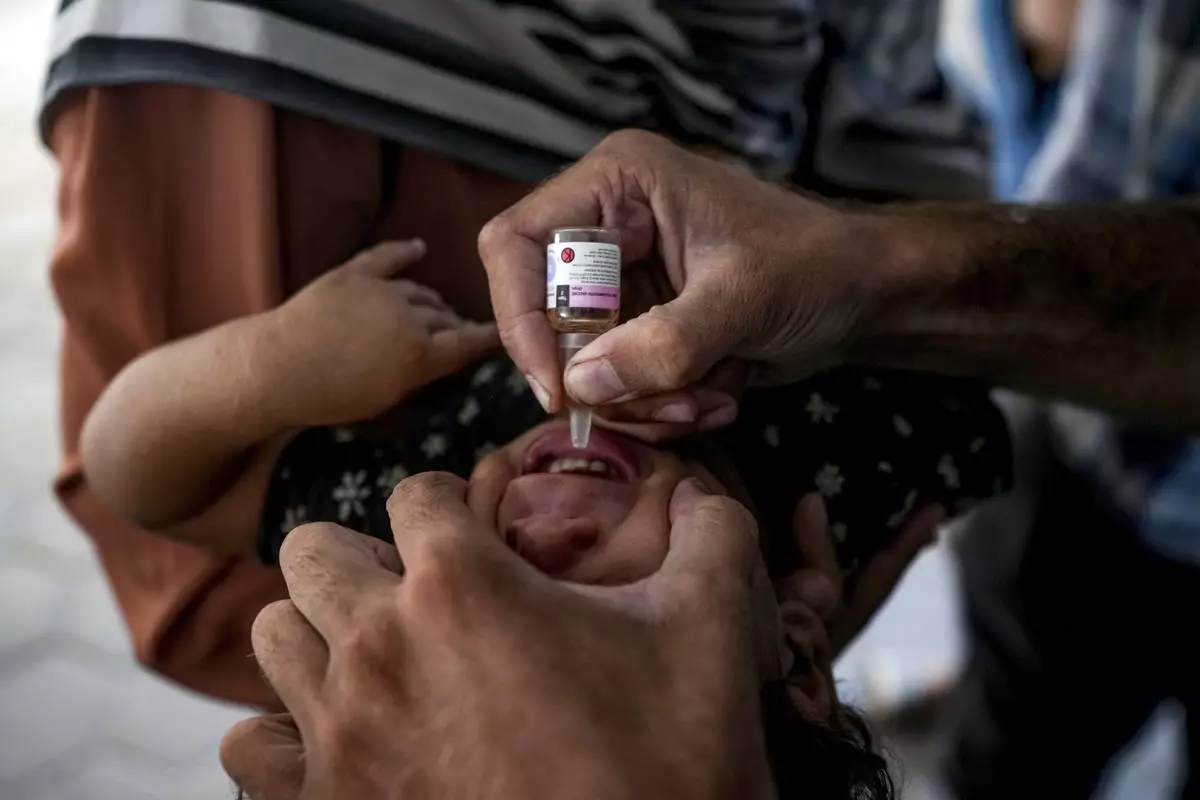
A health worker administers a polio vaccine to a child at a hospital in Deir al-Balah, central Gaza Strip, Sunday, Sept. 1, 2024. (AP Photo/Abdel Kareem Hana)
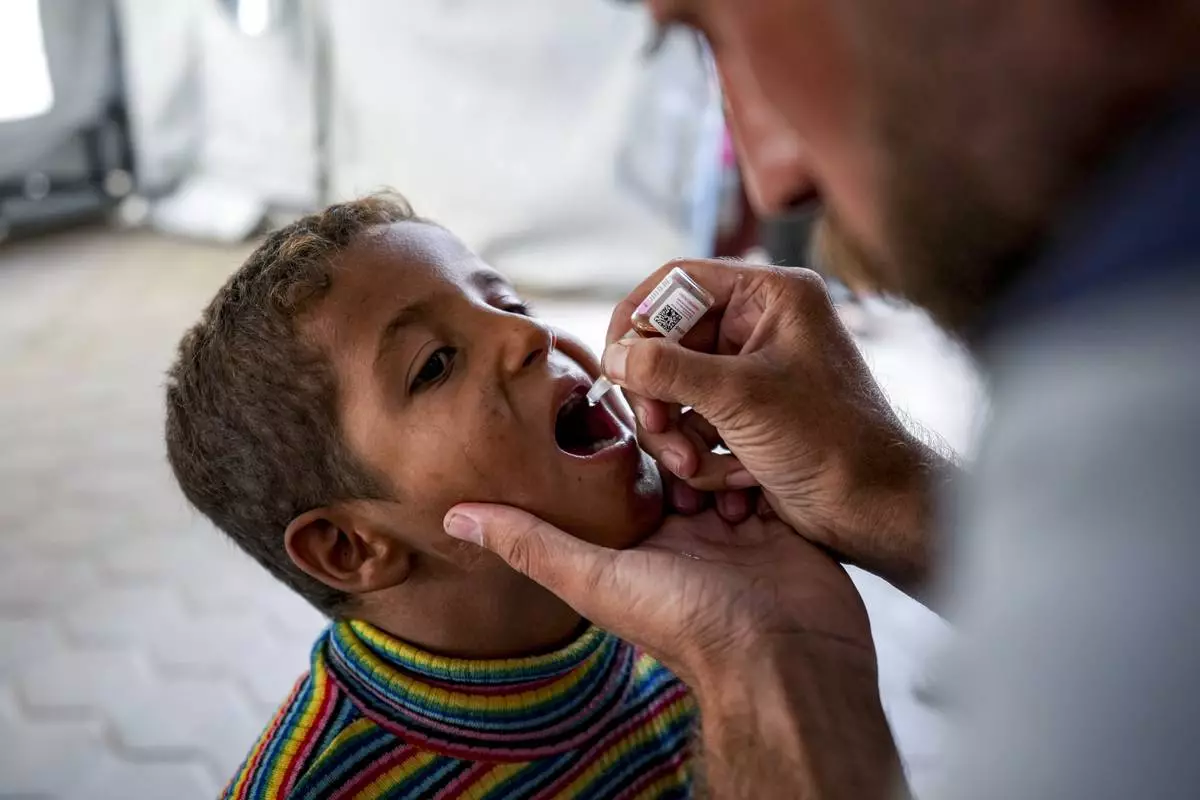
A health worker administers a polio vaccine to a child at a hospital in Deir al-Balah, central Gaza Strip, Sunday, Sept. 1, 2024. (AP Photo/Abdel Kareem Hana)
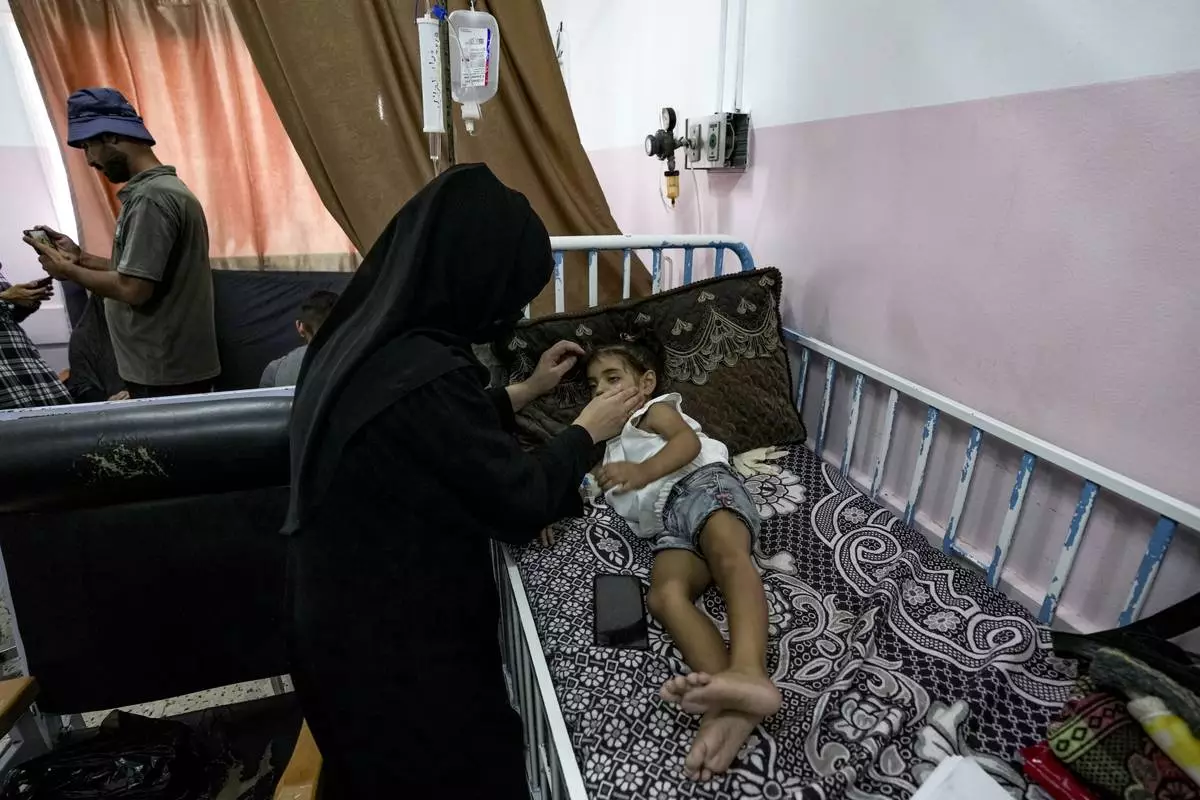
A Palestinian child waits to receive a polio vaccination at a hospital in Khan Younis, Saturday, Aug. 31, 2024. (AP Photo/Abdel Kareem Hana)
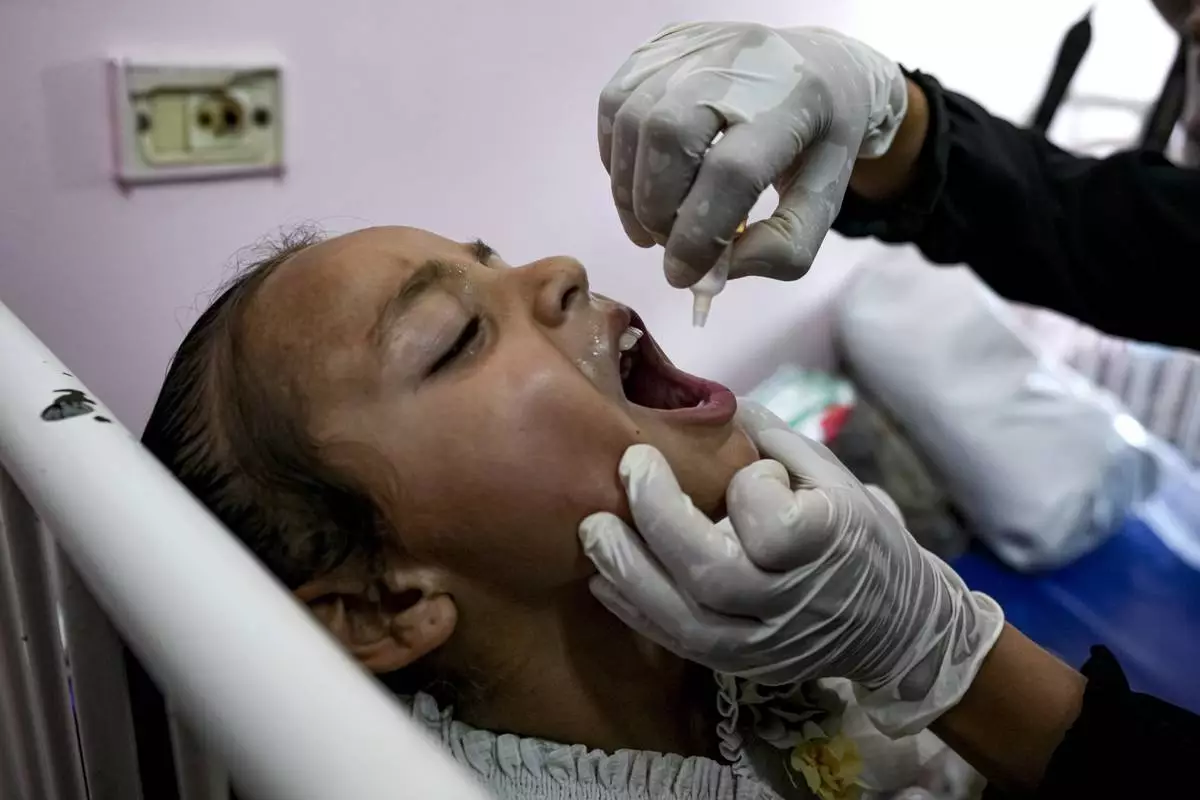
A health worker administers a polio vaccine to a child at a hospital in Khan Younis, Saturday, Aug. 31, 2024. (AP Photo/Abdel Kareem Hana)
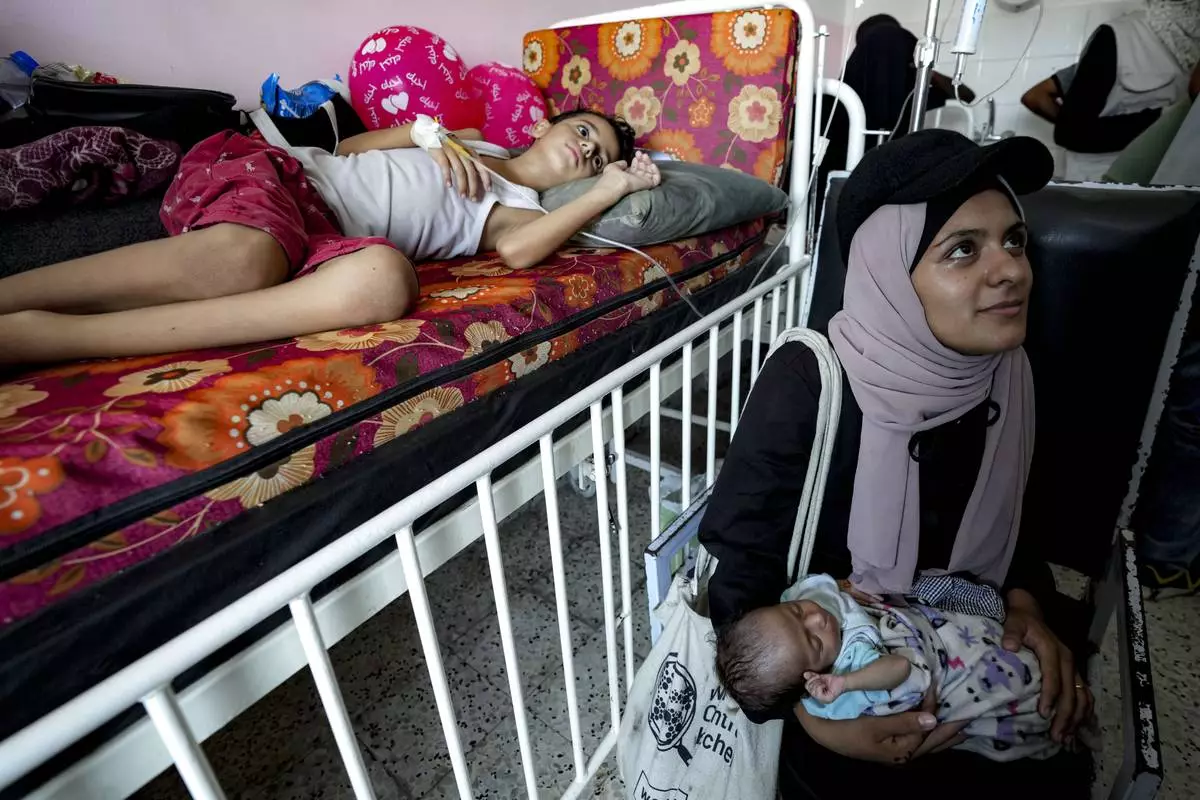
Palestinian children wait to receive a polio vaccination at a hospital in Khan Younis, Saturday, Aug. 31, 2024. (AP Photo/Abdel Kareem Hana)
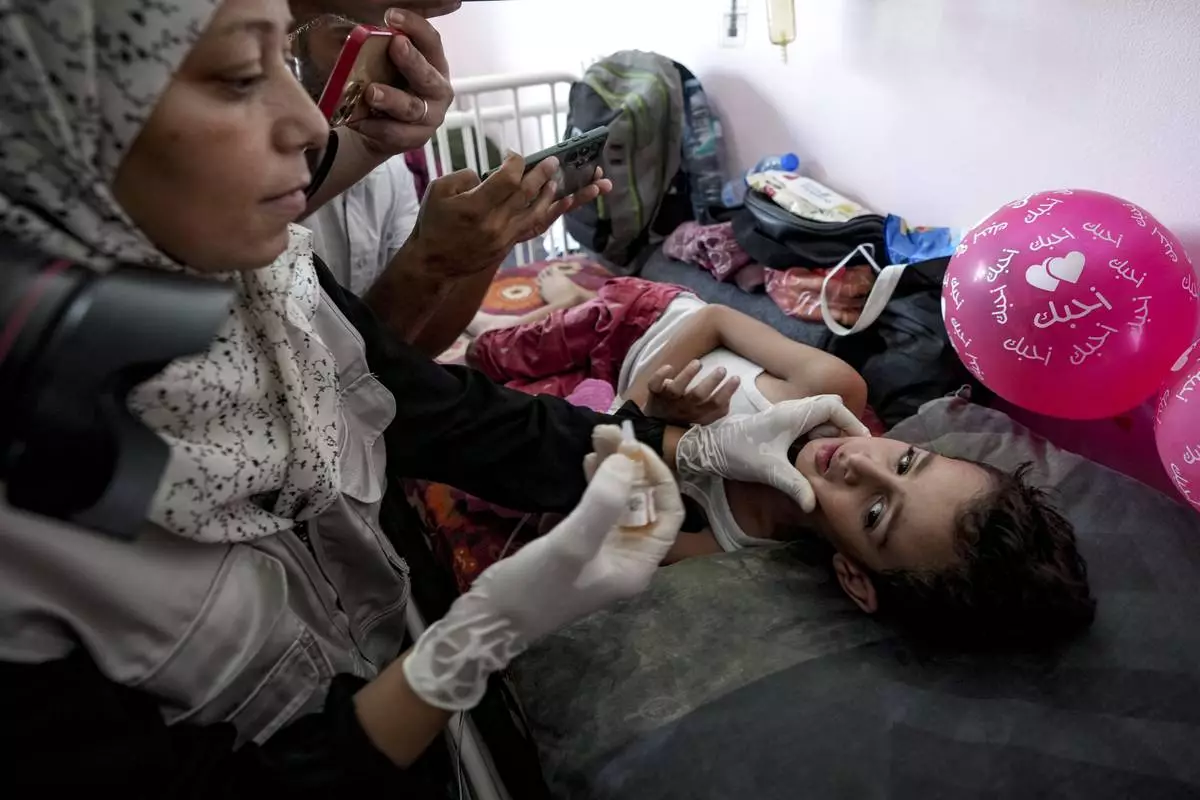
A health worker administers a polio vaccine to a child at a hospital in Khan Younis, Saturday, Aug. 31, 2024. (AP Photo/Abdel Kareem Hana)
ROME (AP) — Human rights groups voiced outrage Wednesday after Italy released a Libyan warlord on a technicality, after he was arrested on a warrant from the International Criminal Court accusing him of war crimes and crimes against humanity.
The Hague-based court, for its part, issued a more diplomatic response but its anger appeared evident. In a stern statement late Wednesday, the ICC reminded Italy that it is obliged to “cooperate fully” with its prosecutions and said it was still awaiting information about what exactly Rome had done.
The reaction came after the Italian government on Tuesday released and sent back home Ossama Anjiem, also known as Ossama al-Masri, who heads the Tripoli branch of the Reform and Rehabilitation Institution, a notorious network of detention centers run by the government-backed Special Defense Force.
Al-Masri had been arrested Sunday in Turin, where he reportedly had attended the Juventus-Milan soccer match the night before. The ICC warrant, dated the day before, accused al-Masri of war crimes and crimes against humanity committed in the Mitiga prison in Libya starting in 2015 that are punishable with life in prison.
The ICC said he was accused of murder, torture, rape and sexual violence. It said the warrant was transmitted to member states on Saturday, including Italy, and that the court had also provided real-time information that he had entered Europe.
The court said it had reminded Italy at the time to contact it “without delay” if it ran into any problems cooperating with the warrant.
But Rome’s court of appeals ordered al-Masri freed Tuesday, and he was sent back to Libya aboard an aircraft of the Italian secret services, because of what the appeals court said was a procedural error in his arrest. The ruling said Justice Minister Carlo Nordio should have been informed ahead of time, since the justice ministry handles all relations with the ICC.
The ICC said it had not been given prior notice of the Rome court's decision, as required, and “is seeking, and is yet to obtain, verification from the authorities on the steps reportedly taken.”
Al-Masri returned to Tripoli late Tuesday, received at the Mitiga airport by supporters who celebrated his release, according to local media. Footage circulated online showed dozens of young men chanting and carrying what appeared to be al-Masri on their shoulders.
“This is a stunning blow to victims, survivors and international justice and a missed opportunity to break the cycle of impunity in Libya,” said Amnesty International’s Esther Major, deputy director of research for Europe.
Nordio appeared in the Senate on Wednesday for a previously-scheduled briefing, and was grilled by outraged opposition lawmakers who demanded clarity about what happened. Former Premier Matteo Renzi accused the right-wing government of hypocrisy given its stated crackdown on human traffickers.
“But when a trafficker whom the International Criminal Court tells us is a dangerous criminal lands on your table, it’s not like you chase him down, you brought him home to Libya with a plane of the Italian secret services,” said Renzi of the Italia Viva party. “Either you’ve gone crazy or this is the image of a hypocritical, indecent government.”
The Democratic Party demanded Premier Giorgia Meloni respond specifically to parliament about the case, saying it raised “grave questions” given the known abuses in Libyan prisons for which al-Masri is accused. Nordio didn't respond.
Italy has close ties to the internationally recognized government in Tripoli, on whom it relies to patrol its coasts and prevent waves of migrants from leaving. Any trial in The Hague of al-Masri could bring unwanted attention to Italy’s migration policies and its support of the Libyan coast guard, which it has financed to prevent migrants from leaving.
Human rights groups have documented gross abuses in the Libyan detention facilities where migrants are kept, and have accused Italy of being complicit in their mistreatment.
Two humanitarian groups, Mediterranea Saving Humans and Refugees in Libya, which have documented abuses committed against migrants in Libyan detention facilities, said they were incredulous that Italy let al-Masri go.
David Yambio, a 27-year-old from South Sudan who said he was abused by al-Masri while he was detained at the Mitiga prison in 2019-2020, said he felt betrayed by Italy. Yambio, who eventually escaped from the prison and arrived in Italy on a smuggler’s boat in 2022, said he had a “fleeting feeling of justice” when he heard that al-Masri had been arrested in Turin.
“Those who waited long before me, the Libyans who are victims of his criminal network, his war crimes, have been wanting for this day to come,” said Yambio, who received asylum and now lives in Modena and runs his Refugees in Libya advocacy group. “But when it came, it was immediately extinguished hours before it could even truly be felt in our hearts.”
But Tarik Lamloum, a Libyan activist working with the Belaady Organization for Human Rights which focuses on migrants in Libya, said Italy’s release of al-Masri was expected. He said his release shows the power of militias who control the flow of migrants to Europe through Libya’s shores.
“Tripoli militias are able to pressure (Italy) because they control the migrants file,” he told The Associated Press.
Militias in western Libya are part of the official state forces tasked with intercepting migrants at sea, including in the EU-trained coast guard. They also run state detention centers, where abuses of migrants are common.
As a result, militias — some of them led by warlords the U.N. has sanctioned for abuses — benefit from millions in funds the European Union gives to Libya to stop the migrant flow to Europe.
The European Commission spokesman reaffirmed all EU members had pledged to cooperate with the court.
“We respect the court’s impartiality and we are fully attached to international criminal justice to combat impunity," said EU commission spokesman Anouar El Anouni. In a 2023 summit, the EU leaders committed “to cooperate fully with the court, including rapid execution of any pending arrests,” he added.
Magdy reported from Cairo. Paolo Santalucia in Rome and Molly Quell in The Hague contributed.
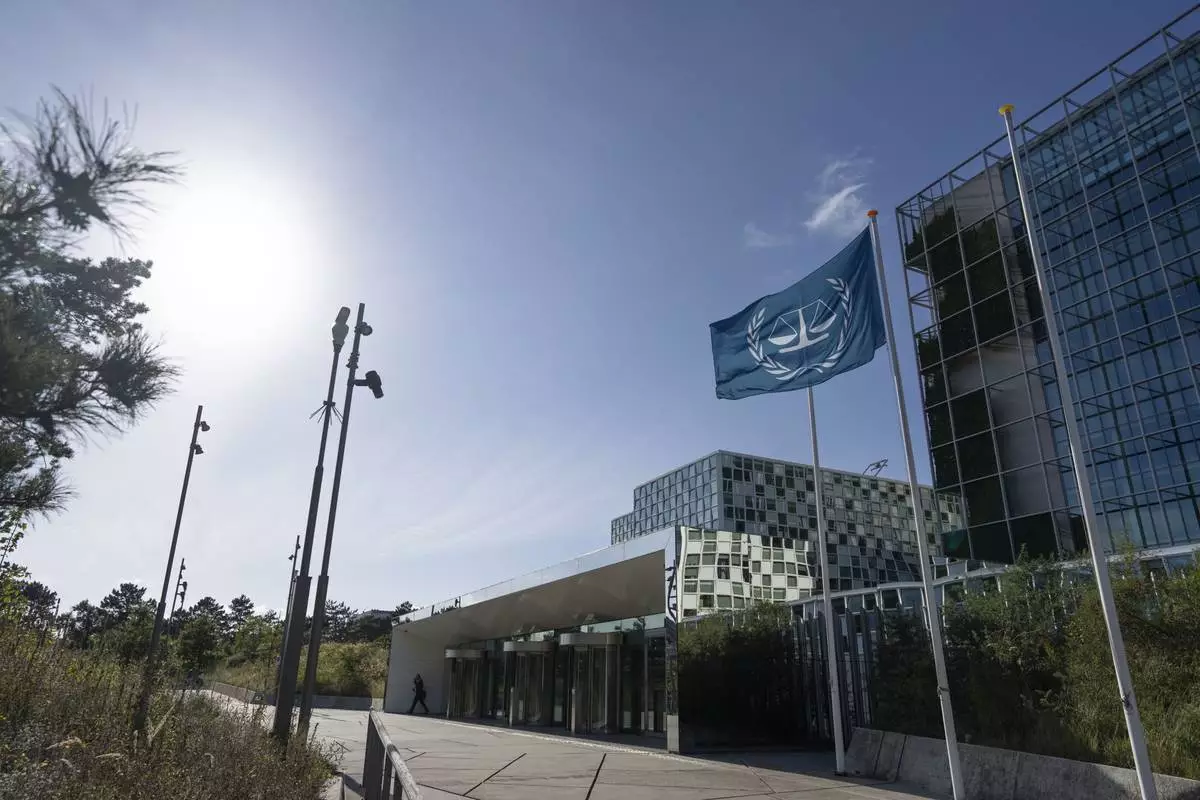
FILE - View of the ICC, the International Criminal Court, in The Hague, Netherlands, Monday, Sept. 16, 2024. (AP Photo/Peter Dejong, File)
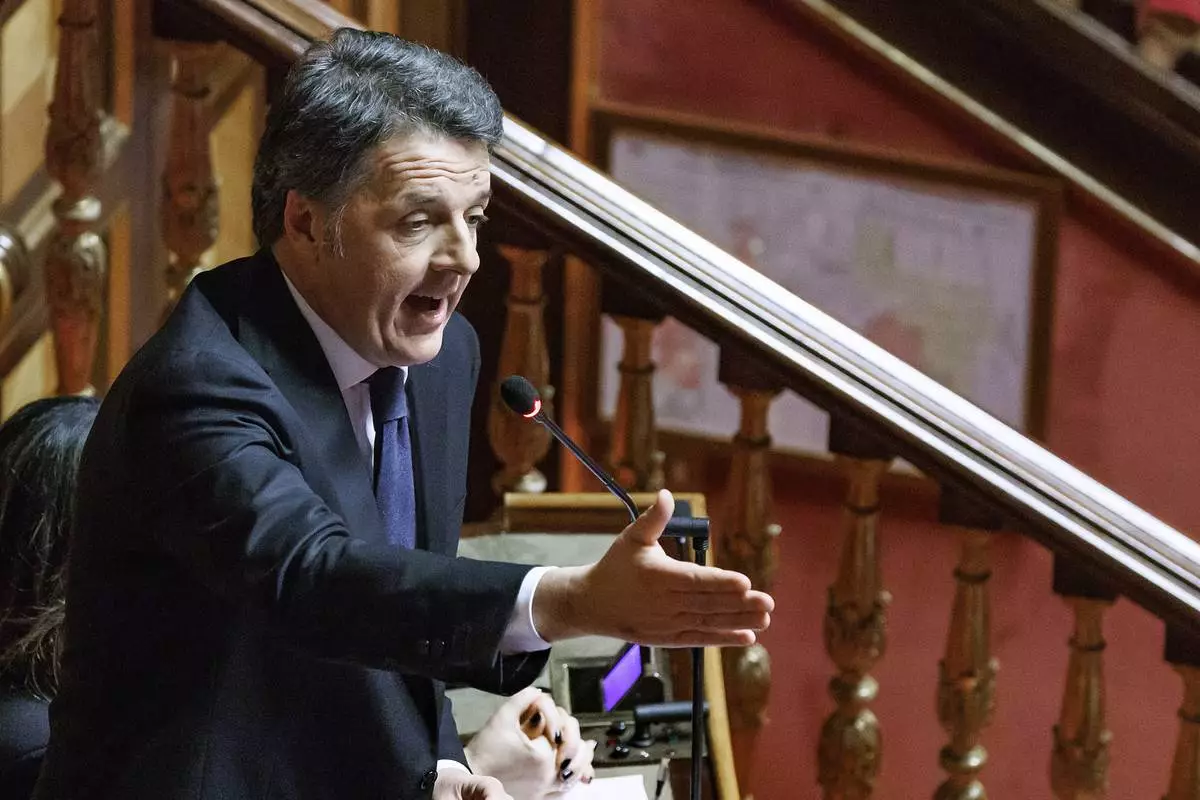
Former Prime Minister Matteo Renzi makes his remarks during Justice Minister Carlo Nordio's appearance at the Senate for the report on the justice administration, in Rome, Wednesday, Jan. 22, 2025. (Roberto Monaldo//LaPresse via AP)
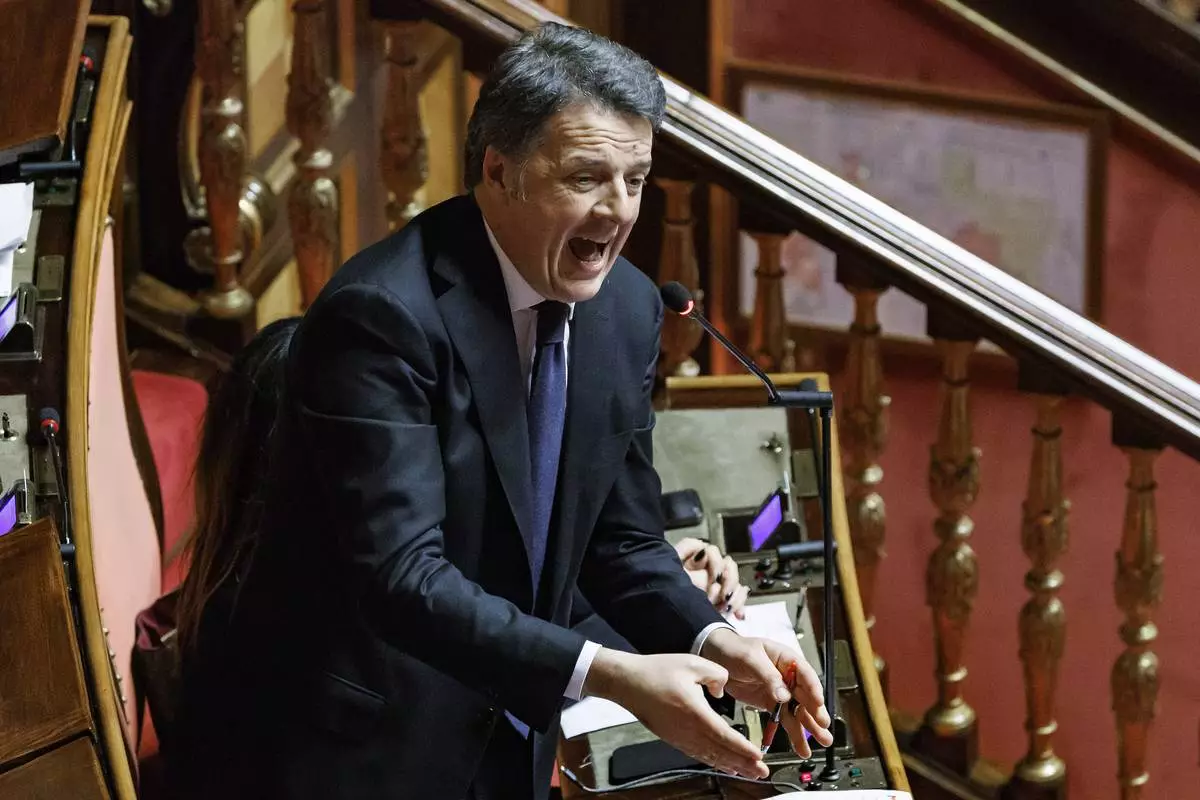
Former Prime Minister Matteo Renzi makes his remarks during Justice Minister Carlo Nordio's appearance at the Senate for the report on the justice administration, in Rome, Wednesday, Jan. 22, 2025. (Roberto Monaldo//LaPresse via AP)
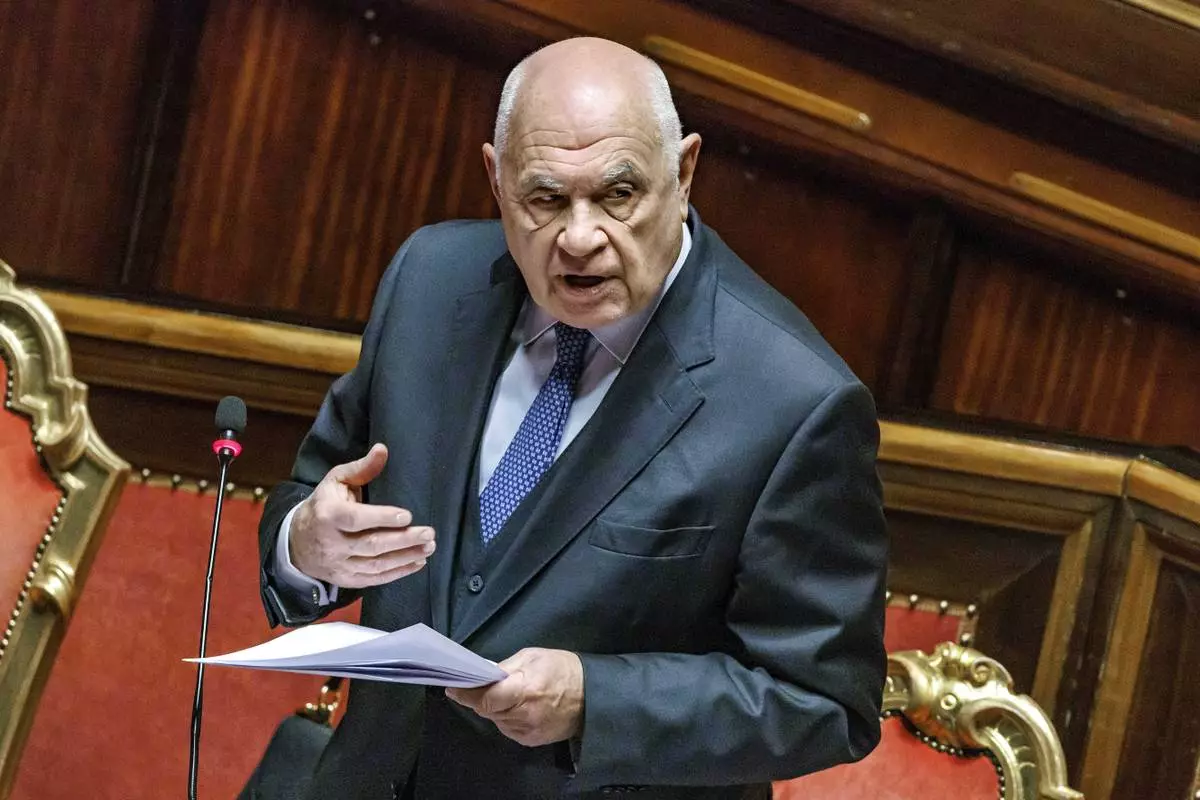
Justice Minister Carlo Nordio addresses the Senate during the report on the justice administration, in Rome, Wednesday, Jan. 22, 2025. (Roberto Monaldo//LaPresse via AP)
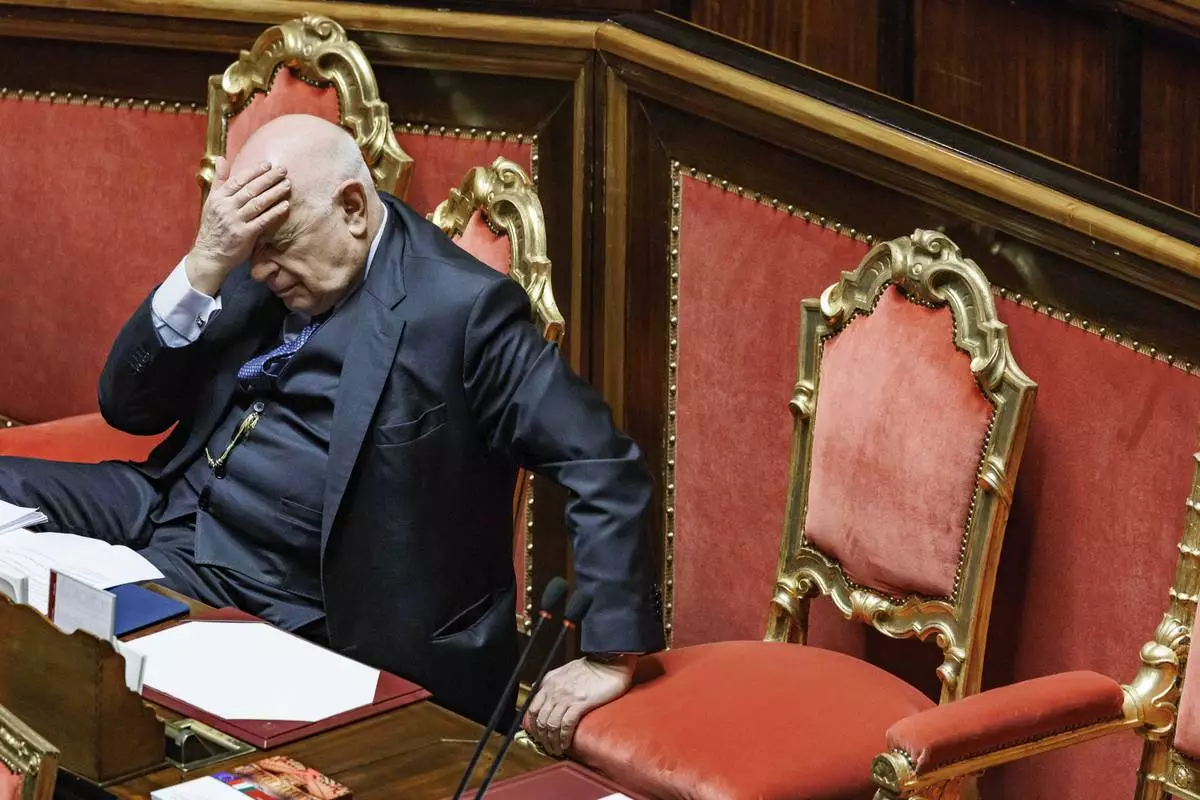
Justice Minister Carlo Nordio puts his hand to his head during the presentation of the report on the justice administration, at the Senate, in Rome, Wednesday, Jan. 22, 2025. (Roberto Monaldo//LaPresse via AP)
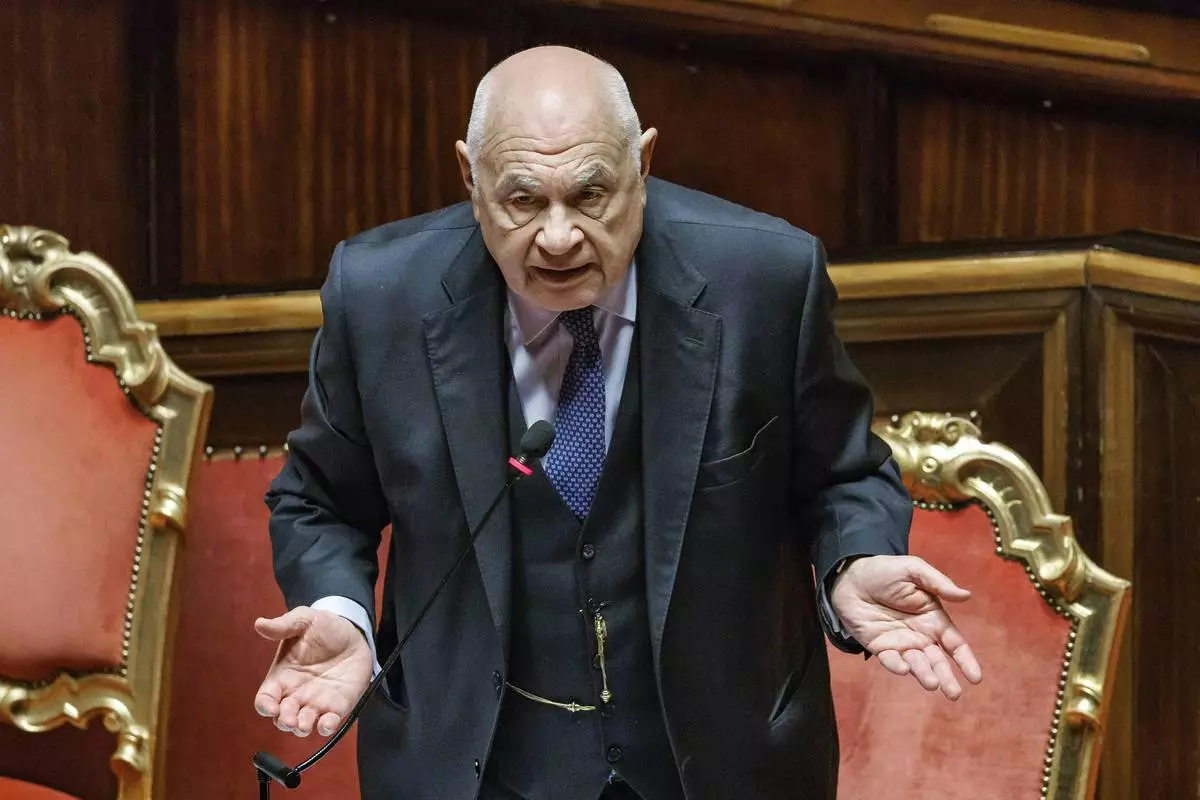
Justice Minister Carlo Nordio addresses the Senate during the report on the justice administration, in Rome, Wednesday, Jan. 22, 2025. (Roberto Monaldo//LaPresse via AP)









